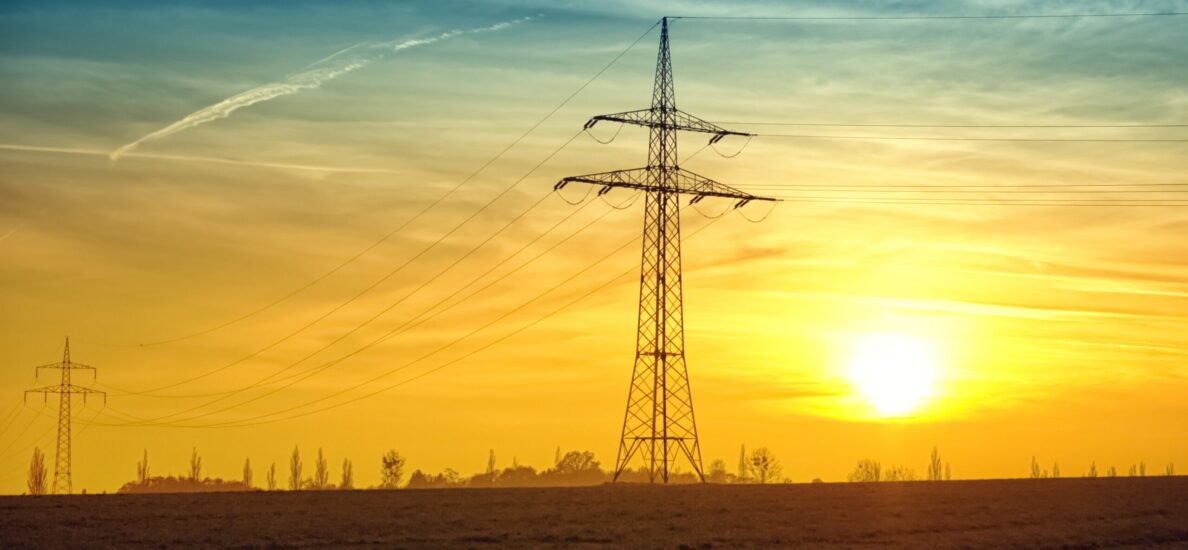Hybrid Solar Systems: What You Need to Know
Solar energy is becoming an increasingly popular option for homeowners and businesses alike. As technology advances and costs decrease, more people are turning to solar power as a way to reduce their carbon footprint and save money on energy costs. Hybrid solar systems are one option that has gained attention in recent years. In this article, we will discuss what hybrid solar systems are, how they work, and what you need to know before installing one.
What are Hybrid Solar Systems?
Hybrid solar systems combine two types of energy sources to provide power to a home or business. They typically consist of solar panels, batteries, and a backup generator. The solar panels capture energy from the sun, which is used to power the home or business. The batteries store excess energy that is generated during the day, which can be used at night or during periods of low sunlight. The backup generator is used to provide additional power during times of high demand or when the batteries are low.
How do Hybrid Solar Systems Work?
Hybrid solar systems work by combining the energy generated by the solar panels with energy stored in batteries and provided by a backup generator. During periods of high sunlight, the solar panels generate more energy than is needed to power the home or business. This excess energy is stored in the batteries for use at a later time. When sunlight is low, the batteries provide power to the home or business. If the batteries are depleted or demand for energy is high, the backup generator kicks in to provide additional power.
Hybrid solar systems are typically connected to the electrical grid. This allows excess energy to be sold back to the utility company, further reducing energy costs. In some cases, the hybrid solar system can be configured to operate independently from the grid, providing power to the home or business even during power outages.
What are the Benefits of Hybrid Solar Systems?
There are several benefits to using a hybrid solar system. One of the biggest benefits is that they allow for energy independence. By combining solar panels, batteries, and a backup generator, a home or business can generate and store its own power, reducing dependence on the electrical grid. This can be especially beneficial in areas where power outages are common.
Hybrid solar systems can also save money on energy costs. By using the energy generated by the solar panels and stored in the batteries, a home or business can reduce its reliance on electricity from the grid, which can be expensive. Additionally, excess energy generated by the solar panels can be sold back to the utility company, further reducing energy costs.
Another benefit of hybrid solar systems is that they are environmentally friendly. By using renewable energy sources like solar power, they reduce reliance on fossil fuels, which are a major contributor to climate change.
What are the Considerations Before Installing a Hybrid Solar System?
Before installing a hybrid solar system, there are several factors to consider. One of the biggest factors is the cost. While hybrid solar systems can save money on energy costs over time, they can be expensive to install. Homeowners should carefully evaluate their budget and determine if the cost of installation is feasible.
Another factor to consider is the amount of energy needed to power the home or business. Homes with high energy usage may require larger solar panels and battery storage to meet their needs. Additionally, the backup generator should be appropriately sized to meet the energy needs of the home or business during periods of high demand.
Location is also an important consideration. Hybrid solar systems are most effective in areas with ample sunlight. Homes or businesses located in areas with frequent cloud cover or low levels of sunlight may not generate enough energy to meet their needs.
It is important to consider the maintenance and upkeep required for a hybrid solar system. The batteries and backup generator will need regular maintenance to ensure they are operating efficiently. Homeowners should also consider the lifespan of the equipment and factor in replacement costs over time.
It is also important to check local regulations and laws before installing a hybrid solar system. Some areas may have specific requirements or restrictions on the installation of solar panels and backup generators.
Additionally, it is important to work with a reputable installer who has experience with hybrid solar systems. The installer should be able to provide information on the equipment and installation process, as well as provide references from previous clients.
Hybrid solar systems offer a unique and innovative solution for powering homes and businesses. By combining solar panels, batteries, and a backup generator, they allow for energy independence, cost savings, and environmental sustainability. However, before installing a hybrid solar system, it is important to carefully consider factors such as cost, energy needs, location, and maintenance. Working with a reputable installer and checking local regulations can also help ensure a successful installation. With the right planning and execution, hybrid solar systems can provide a reliable and sustainable source of energy for years to come.

